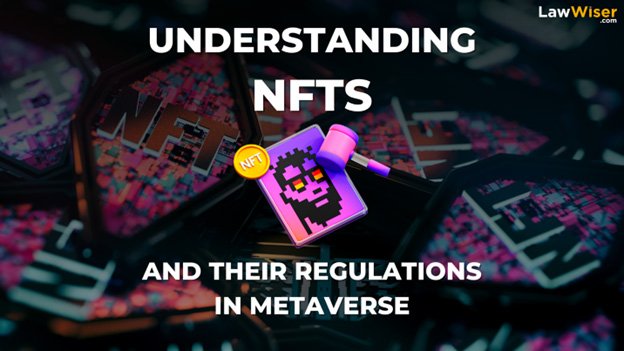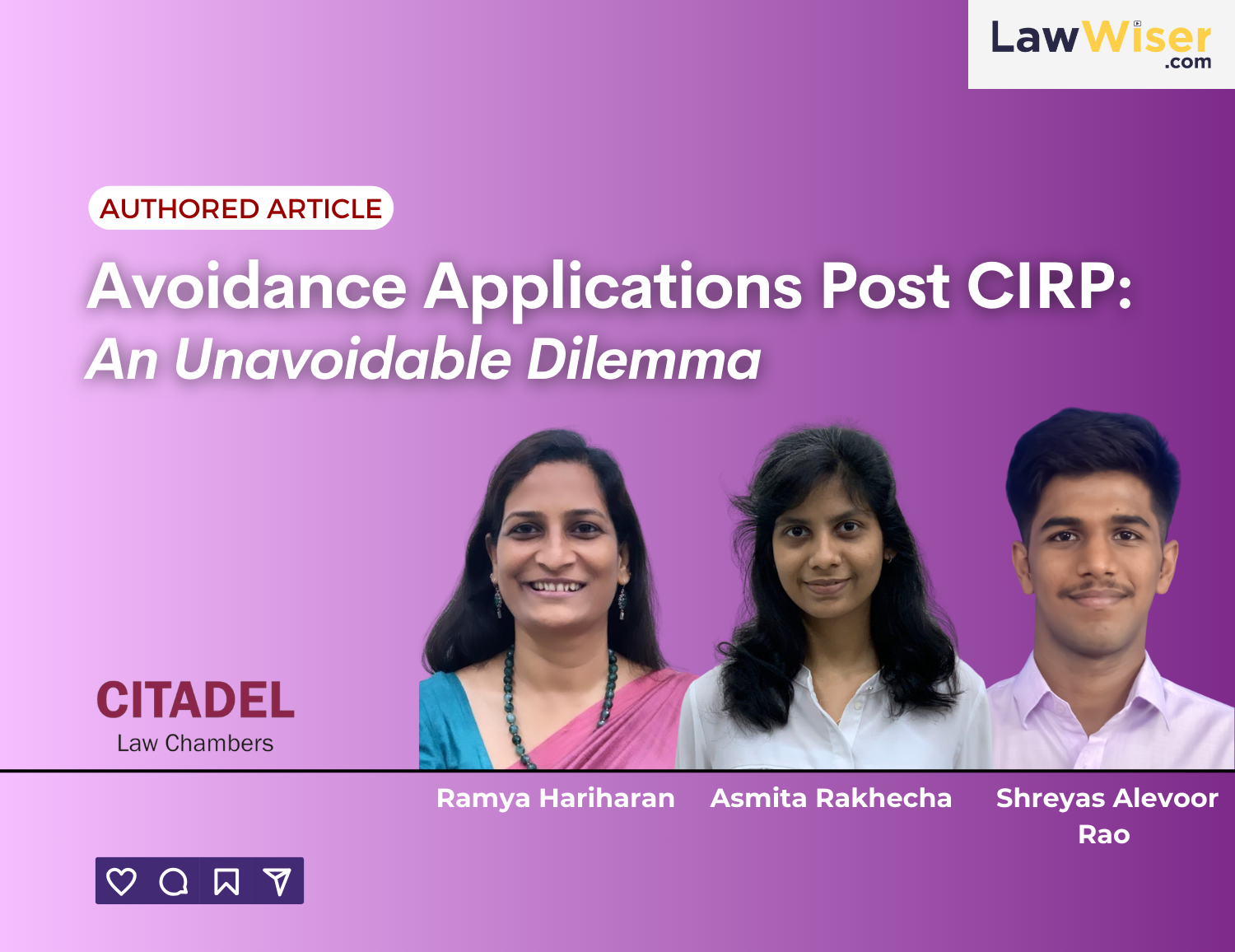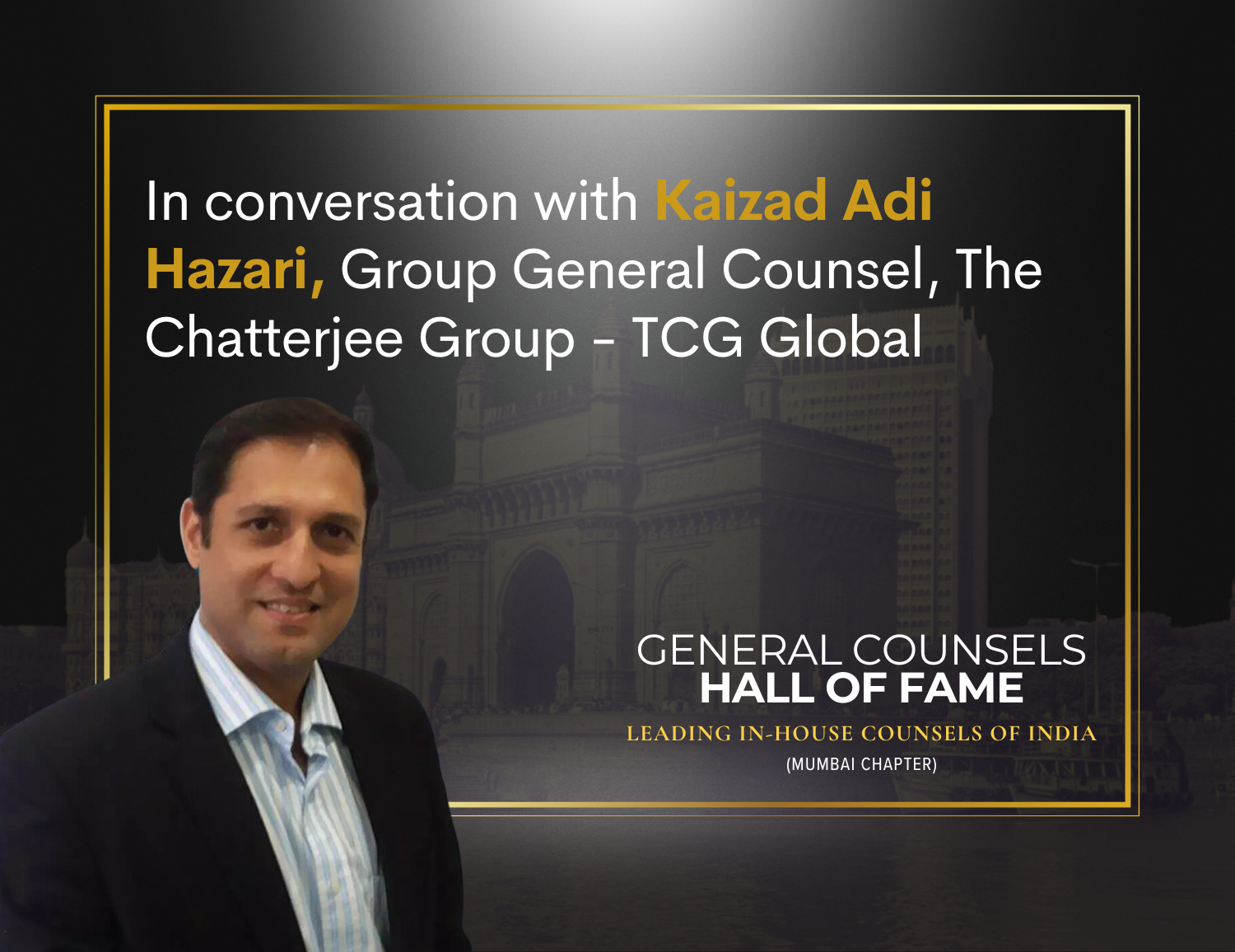An estate in Indian law refers to the total property, assets, and liabilities that a person owns or controls at the time of their death. The concept of an estate encompasses real property (land and buildings), personal property (movable assets like vehicles, jewellery, and cash), and intangible assets (such as stocks and bonds). The distribution of an estate is governed by various laws, including the Indian Succession Act, 1925, for non-Muslims, and personal laws for Muslims, Hindus, Sikhs, Buddhists, and Jains. The estate is managed and distributed by an executor or administrator appointed by the will of the deceased or by the court if there is no will (intestate succession). The process of administering an estate involves gathering assets, paying off debts and taxes, and distributing the remaining property to the rightful heirs or beneficiaries. The concept of an estate is crucial in ensuring that a deceased person’s assets are properly managed and distributed according to legal and testamentary provisions, safeguarding the interests of the heirs and preventing disputes over inheritance.
Don’t have an account? Sign Up
Estate
 June 8, 2024
June 8, 2024
Most Read
The In House Circle ArticleThe In House Circle Article
In Conversation with GC Hall of Fame – Anand Vardhan of Piramal Enterprises Limited
The In House Circle ArticleThe In House Circle Article
In Conversation with GC Hall of Fame – Swathi Kamath of GKN Automotive
Share
Write a Reply or Comment Cancel reply
CONTINUE READING
TWITTER FEED
- Congratulations to @VivekSoodDelhi for being recognised as ‘Emerging Senior Counsel of the Year’ at #UKILP… https://t.co/oHwBtL5geH
- Wishing you a Merry Christmas and a Happy New Year from all of us at LawWiser!#christmaseve #newyears https://t.co/ax6VOHyUcj
- Watch @AvaniShukla27, Associate- Content & Collaborations, LawWiser to learn about the recent landmark verdict give… https://t.co/OZnf0Z9PJr
- We are delighted to share that our Co-founder @LavanyaBehl1 is featured in the 30 people to watch in the… https://t.co/wmMrtvduKk
- Sanjeev Sachdeva has rejoined Luthra and Luthra Law Offices India Leadership team as Mentor and Partner. Read More… https://t.co/7F1M8p4w23
LINKEDIN FEED
- See you tomorrow at LawWiser Sip & Paint event, Co-hosted by Desai & Diwanji. #legal #law #lawfirm
- Wishing you a Happy Republic Day from all of us at LawWiser! #republicday #constitutionofindia
- Catch a glimpse of the vibrant moments from our previous Sip & Paint event.#legalevents #lawfirm #generalcounsel
- Exploring Essential Business Documents! In our latest video, we delved into crucial documents vital for every business journey: https://lnkd.in/d-vYuDDs
- From shaping ethical business practices to ensuring social justice, law plays a pivotal role in our world. Get ready to explore how legal frameworks empower businesses and create positive societal change.#staytuned #legal #lawforchange #changemakers











 October 9, 2024
October 9, 2024 0 COMMENTS
0 COMMENTS



